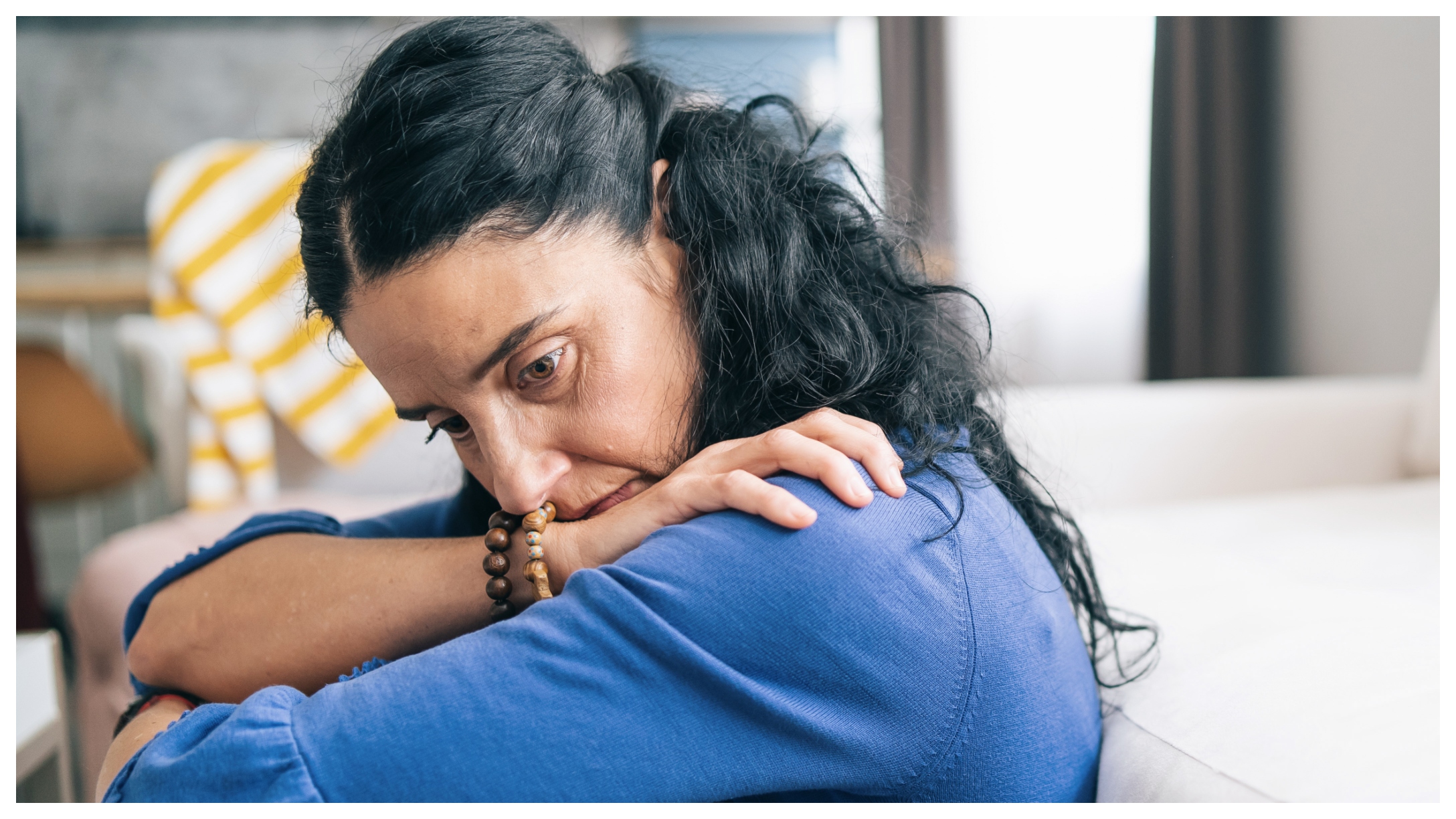
Postpartum mental health awareness is higher than ever, but there's still a lot of work to be done in supporting women as they adjust to parenting.
A recent study finds that one in five new moms experience serious mental health conditions in the postpartum period, including postpartum depression and postpartum anxiety. Yet the resources available to those moms isn't always clear. That's why Baby Dove has partnered with Postpartum Support International and the 4th Trimester Project to make the pursuit of those helpful resources easier. They've made support groups and discussion guides more easily accessible to all moms and allies as part of their #OneRealPressure campaign.
More from LittleThings: Clever & Doable Ways You Can Add A Sense Of Playfulness Into Your Everyday Adult Life
New mom Elizabeth chatted with LittleThings about her own experiences with postpartum anxiety and the role that social media played in her experience.
Elizabeth dreamed of being a mom and worked hard to make it happen.
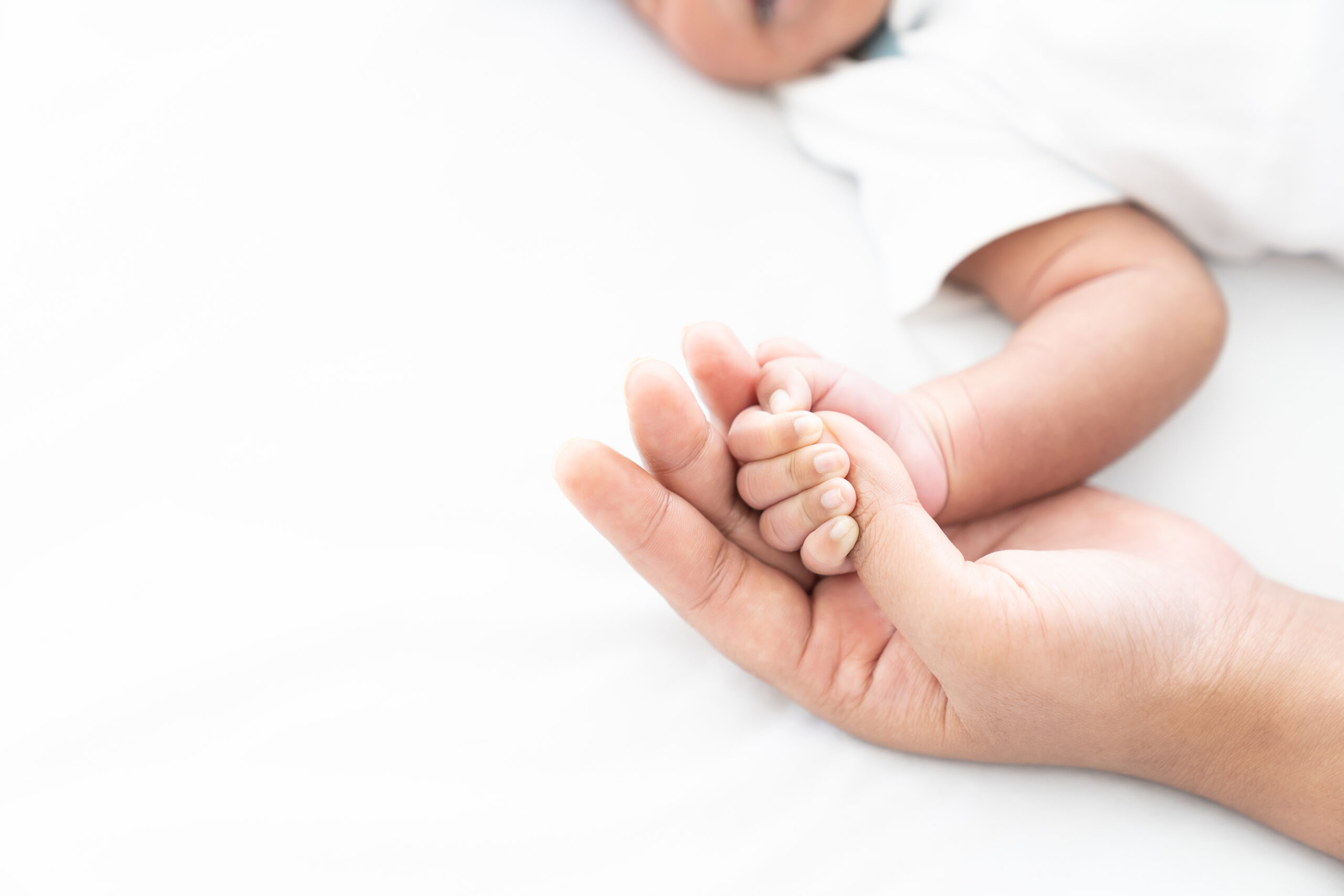
Elizabeth experienced what so many other women do in their pursuit of starting a family: that it isn't always easy.
"Ever since I could remember, I always knew I wanted to have children. When I was diagnosed with endometriosis at 18 years old, I was scared it was going to be a challenge to get pregnant," she shares.
"My husband and I had difficulty getting pregnant with our daughter Addison. We went through three rounds of IUI procedures before finally getting pregnant, and I experienced a traumatic birth. I suspect I was struggling with prenatal anxiety prior to experiencing postpartum anxiety."
Elizabeth consulted social media a bunch throughout her pregnancy.

"Social media played a huge role during my pregnancy. I used it to search for baby products and their ratings from mothers. I belonged to numerous gentle sleep training and breastfeeding Facebook groups," she explains.
"I even used Facebook marketplace to search for gently used baby items. I relied heavily on suggestions other moms posted about in the moms groups, and oftentimes their posts skewed my initial thoughts about being a mother."
Elizabeth continued to seek that support and guidance after daughter Addison was born.
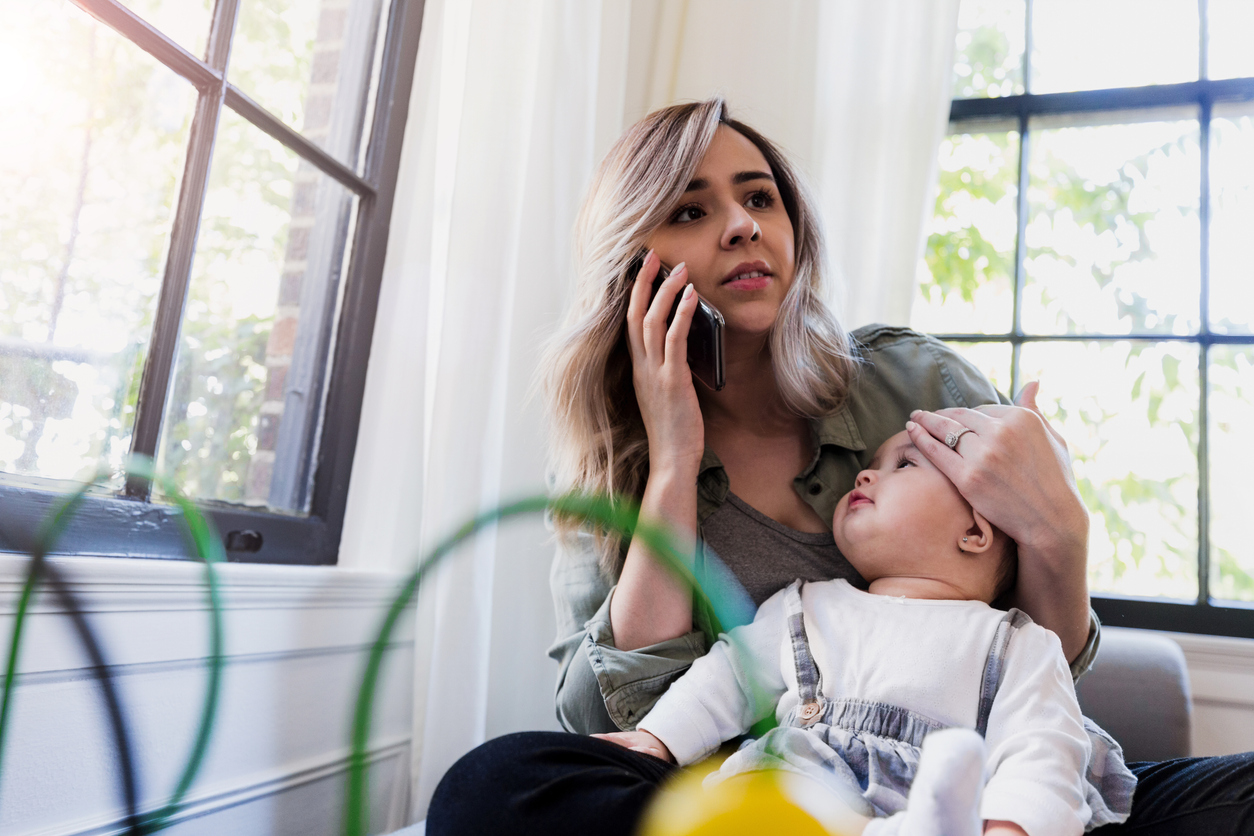
"After my daughter was born, I remember searching on social media all of the questions I had about taking care of a newborn," she shares.
"I remember asking about colic when I couldn't get her to calm down one night. I remember searching in one of the moms groups about safe sleep practices when Addison refused to sleep anywhere else other than on [my] or my husband's chests. Social media actually exacerbated my postpartum anxiety, as I was struggling with intrusive thoughts related to the topics I was researching about."
When Elizabeth realized how much she was struggling, she got help.
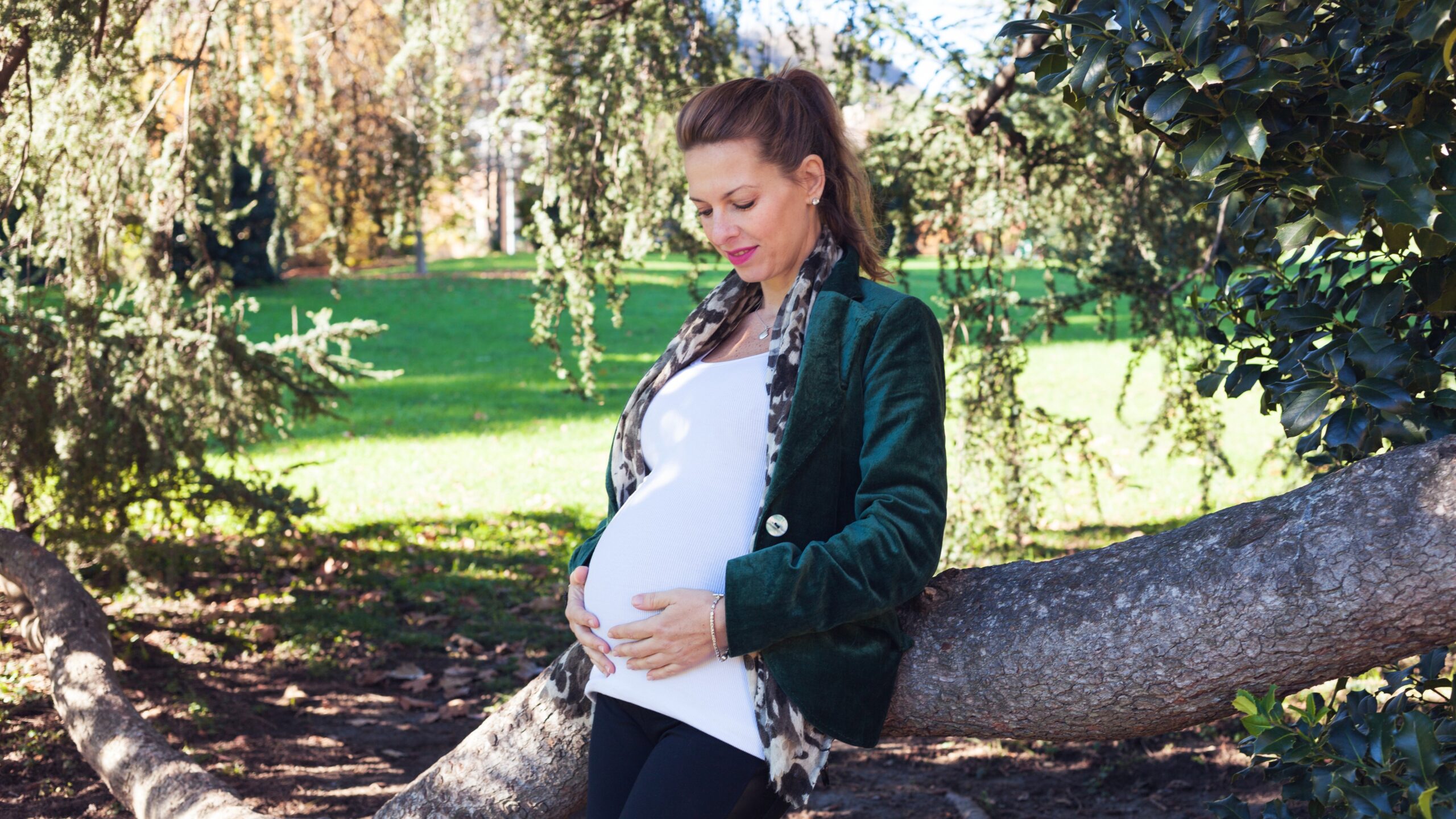
Even making the decision and working through the logistics of getting help provided Elizabeth a degree of relief.
"It felt amazing to get the help I needed. I met some of the strongest and most resilient women that I can still turn to today if I need support," she shares.
"After verbalizing that I was experiencing the scariest intrusive thoughts, and having other mothers say they have experienced them too, definitely helped me feel like I was not alone and that I didn’t have to struggle."
The road to getting help isn't always an easy one, either.
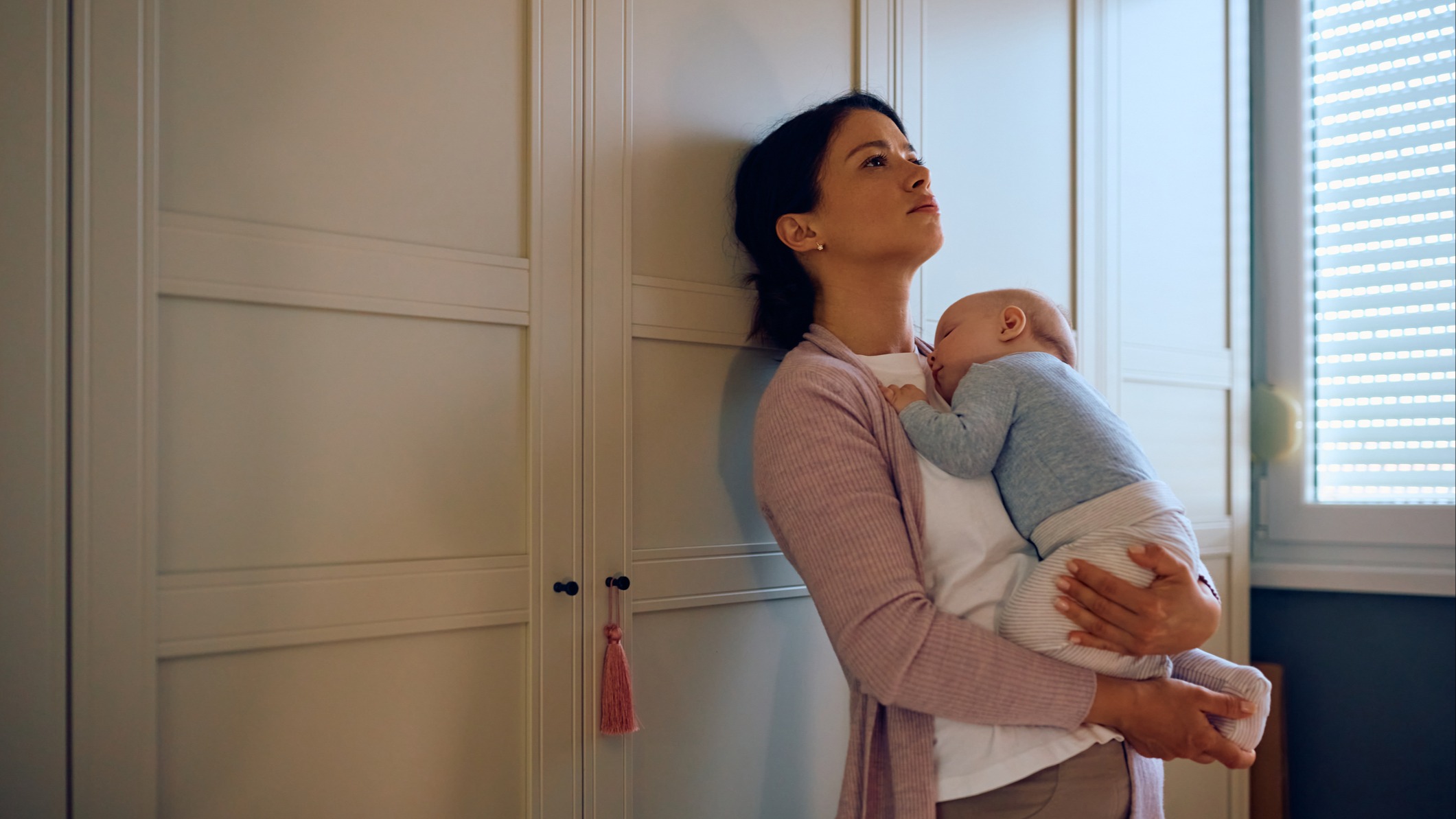
Baby Dove is aiming to make that process easier through this initiative.
"At BabyDove.com, we're hosting a suite of resources for moms facing the broad spectrum of postpartum pressures — true stories from real moms who have shared these experiences, resources from Postpartum Support International, helpful articles about the challenges women face during their postpartum journeys, and more," notes Sally Brown, Baby Dove's global brand director.
Moms need to be aware of what to look out for when looking after their mental health.
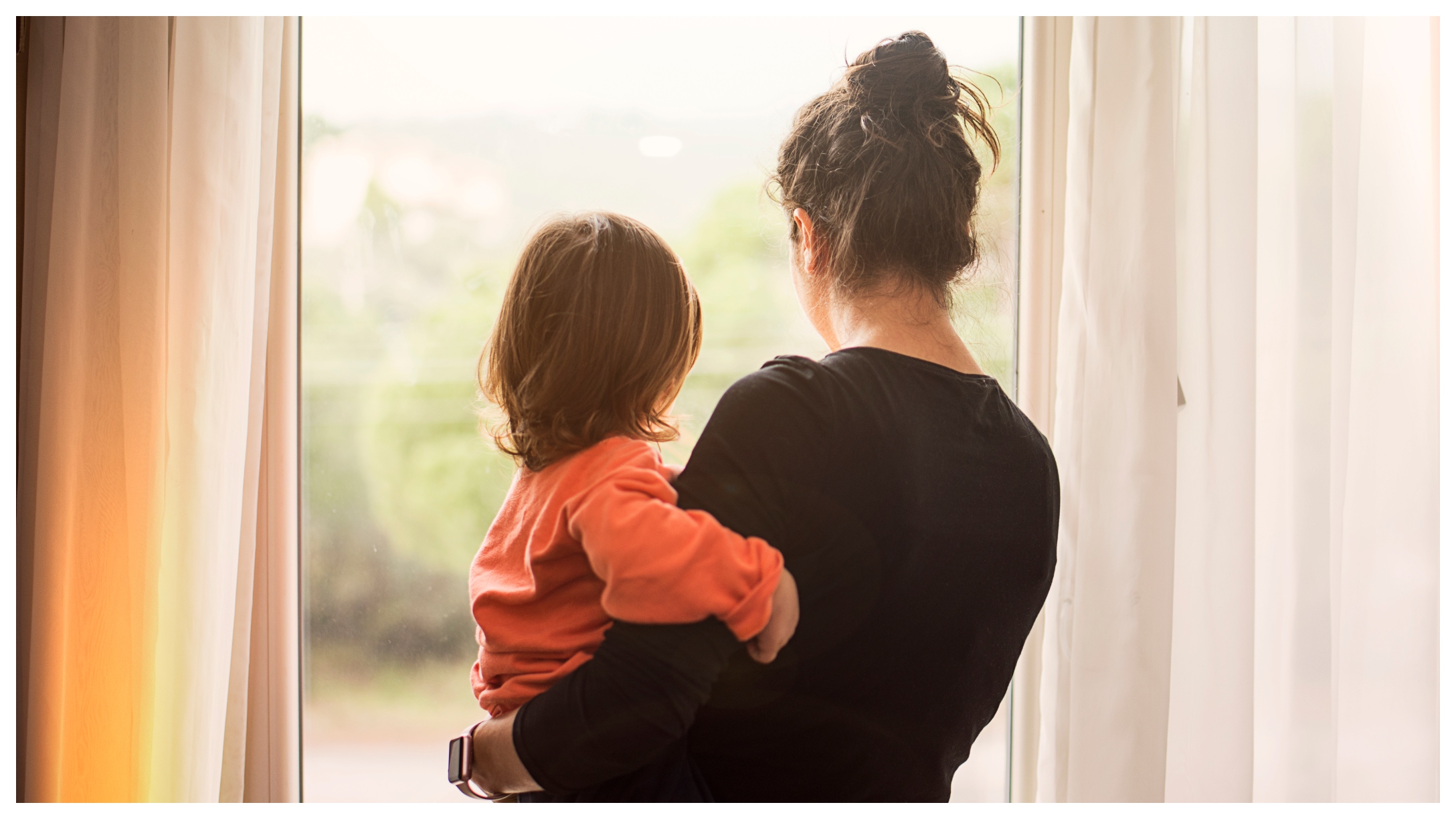
Whether it's your first baby or your fifth, knowing the signs that your mental health may be struggling and that there is help available is important in taking care of yourself throughout this time.
"A supportive community — be it in person or online, supportive friends, or an online group, like the ones through PSI — can be both preventative and helpful for mental health as a new parent," says Wendy Davis, PhD, PMH-C, and executive director of Postpartum Support International.
"Every transition to new parenthood will have ups and downs, difficulties, and moments of overwhelm. Every new parent needs and deserves breaks from child care, support while you recover physically and emotionally, and a time of reduced expectation for productivity. If you find that you are having trouble eating, sleeping, or resting; volatile moods; or feelings of depression or despair that are not getting better after two weeks, it is time to reach out."
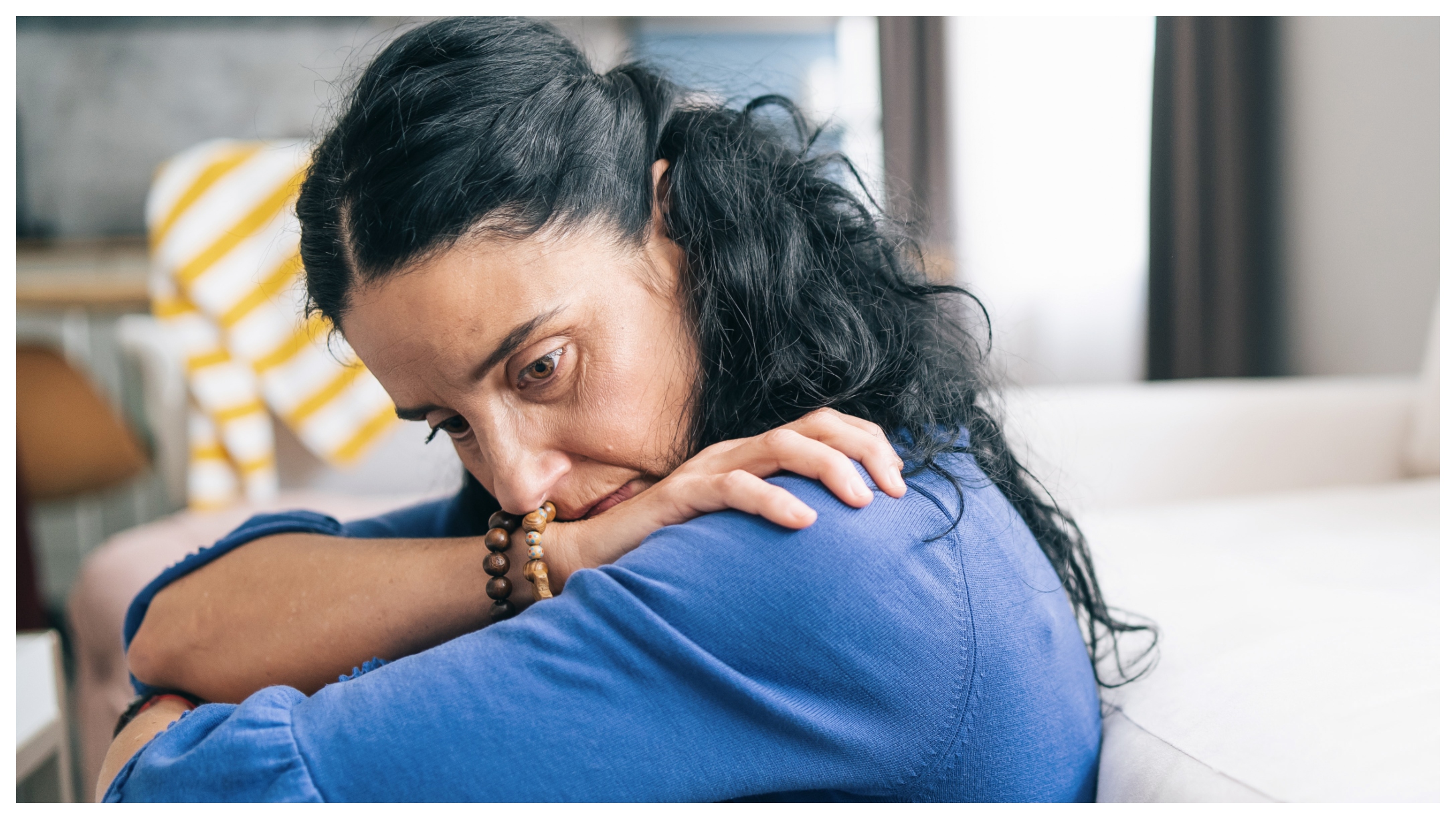
"Every perinatal mental health disorder is temporary and treatable, and there are many resources to help you," she continues.
"The sooner you reach out, the sooner you are on the way to recovery. You are not alone, and there are volunteers and providers all over the world ready to help you feel better."
Elizabeth's relationships with social media and with anxiety have changed since her experience.

"Since having Addison, I've had two more children and did not experience postpartum anxiety again," Elizabeth shares.
"I have become mindful of the things that I am researching and scrolling on while on social media. I do not belong to the pages that I used to be on that increased my anxiety."

"Rather than trusting in other moms via social media for parenting advice, I now trust my own intuition and go with what I feel is best for my children," Elizabeth also notes.
"Any posts that I see with a 'trigger warning' before proceeding I will not read. I spend significantly less time on social media."
Elizabeth shares some advice for moms who are struggling with postpartum mental health.
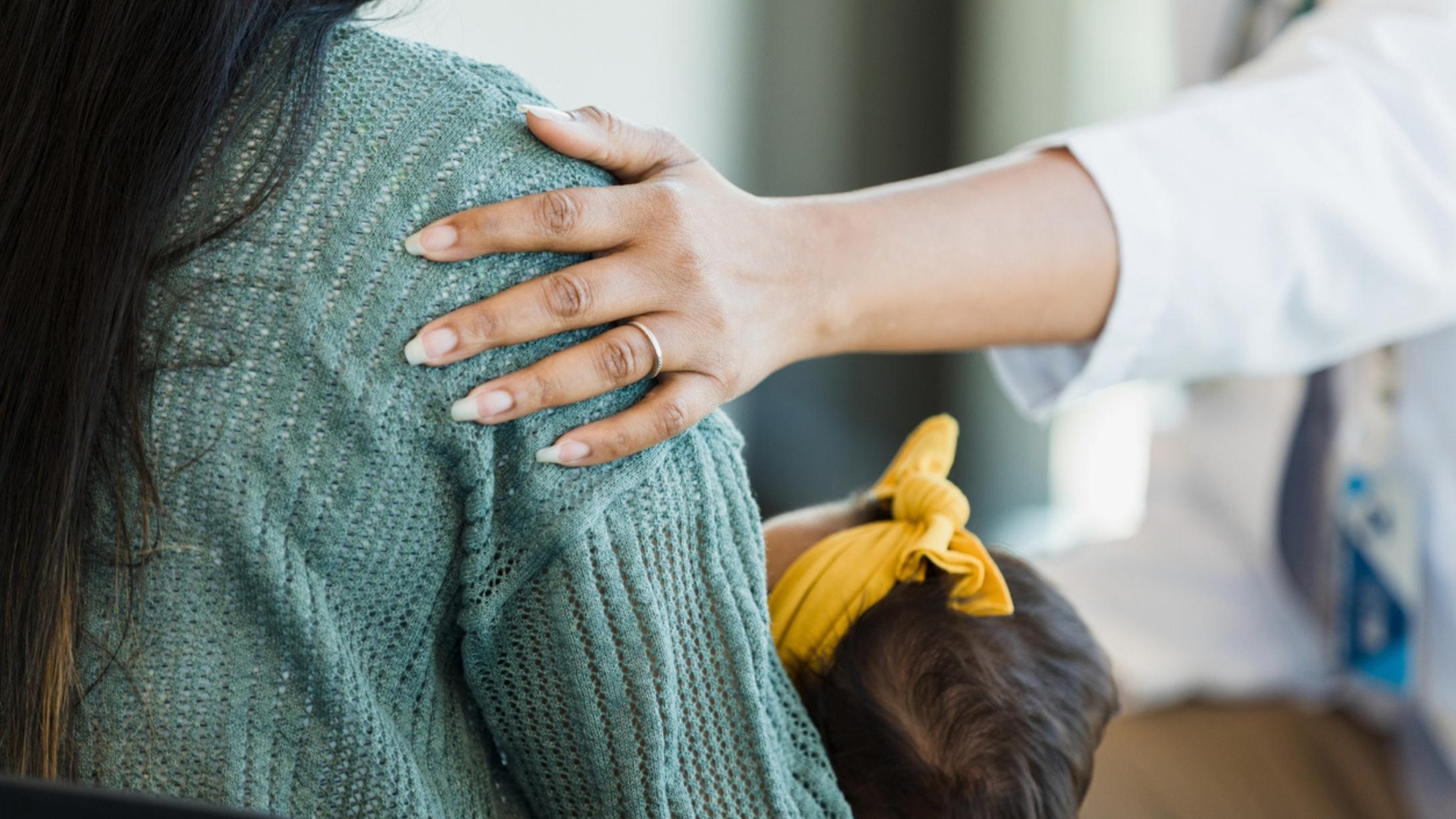
"I'd like moms to know that they are not alone. That having postpartum anxiety is treatable. That you don't have to suffer alone. That is it OK to let someone know that you are not OK," she says.
"Finally, I would tell moms to trust their gut in how to raise their child or children, not so much of how these other moms on social media thought was best."




